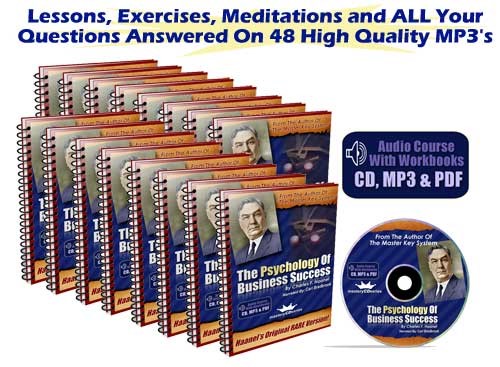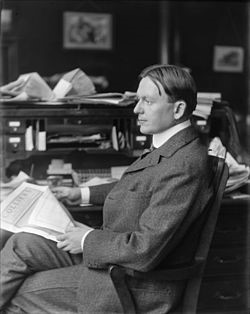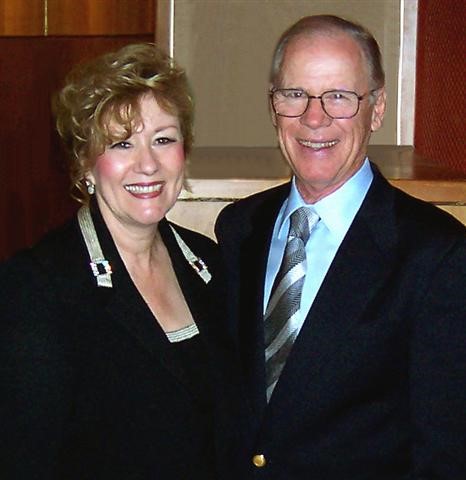Some people believe the Law of Attraction [is a, if not the, fundamental law of the Universe. The Law is often described in terms of Universal Mind or Universal Intelligence. Many thoughtful people believe there is a fundamental/universal/spiritual law that permeates everything in the Universe, including the people on planet Earth.
These people believe this law is pervasive - at the core of everything: it is a law of Omnipotence, Omniscience, and Omnipresence. These people believe this law knows no boundaries:
- It is all-powerful
- It is all-knowing
- It is everywhere
A number of proponents of this ‘fundamentalist’ Law of Attraction viewpoint have made claims about scientific verification where the human sub/unconscious 'mind' is the conduit between Universal Intelligence and (conscious) human thought. In summary, they believe if we can control our conscious thought and direct it toward our long-term goals then after much repetition our subconscious mind will link with Universal Intelligence and deliver to us the things we think about.
The Law of Attraction is a double-edged sword. If we think about the worthwhile things tied to our long-term goals then we receive those worthwhile things and achieve our long-term goals. Conversely, if we think fearful and worrisome thoughts then we attract and bring to ourselves those things we fear and worry about. Integral to this viewpoint is the conclusion that Universal Intelligence has no filter and our thoughts are connected to unlimited consequences, both good and bad.
Three early 20th-Century examples:

Charles Haanel, American New-Thought Author and Philosopher (1866-1949)
Author of ‘The Master Key’ (circa 1917)

Napoleon Hill, American New-Thought and Personal-Success Author (1883-1970)
author of ‘The Law of Success’ (1925) and ‘Think and Grow Rich’ (1937)

Robert Collier, American New-Thought and Self-Help Author (1885-1950)
Author of ‘The Secret of the Ages’ (1926)
These early-20th Century authors believed strongly in the natural-state spiritual aspects of the Law of Attraction as described above…and to various degrees they believed the Law of Attraction was founded on scientific proof. These authors brought their religious beliefs to bear, some of their master works link the Law of Attraction to the teachings of Jesus as written the Christian Bible.
One highlight about each of those early-20th Century authors:
- Charles Haanel presented a wonderful process for improving focus and concentration
- Napoleon Hill served as U.S. President Franklin Delano Roosevelt’s special assistant for many years, at $1/year…perhaps, Hill coined the ‘we have nothing to fear but fear itself’ message?
- Robert Collier, from the famous Collier publishing family, believed the Law of Attraction could be called upon to overcome death
Other people, for example Esther Hicks [with the help of her husband Jerry and a multi-faceted supernatural entity she called ‘Abraham’], presented following-generation examples of Law of Attraction beliefs and messages.

Esther Hicks, American Inspirational Author (1948- present)...with husband, Jerry
Author of ‘The Law of Attraction – The Teachings of Abraham’ (2007)
And, most-recently Deepak Chopra has expanded upon the scientific aspects by presenting physics-based explanations…information stored in waves...essentially saying that the vibrations of thought permeate the cosmos - omniscient, omnipresent and perhaps omnipotent.

Deepak Chopra, Indian-born, American Author (1947-present)
***
The Law of Attraction...I have read much about this...I have personal views...and I am very interested in other people's views.
The Law of Attraction...a feel-good thought or a Fundamental Universal Law?
- What do you think?
- Do you believe in the Law of Attraction?
- If so, how do you define it?
- Do you consider your Law of Attraction beliefs to be a solely spiritual [faith-based] or are they science-proven beliefs?